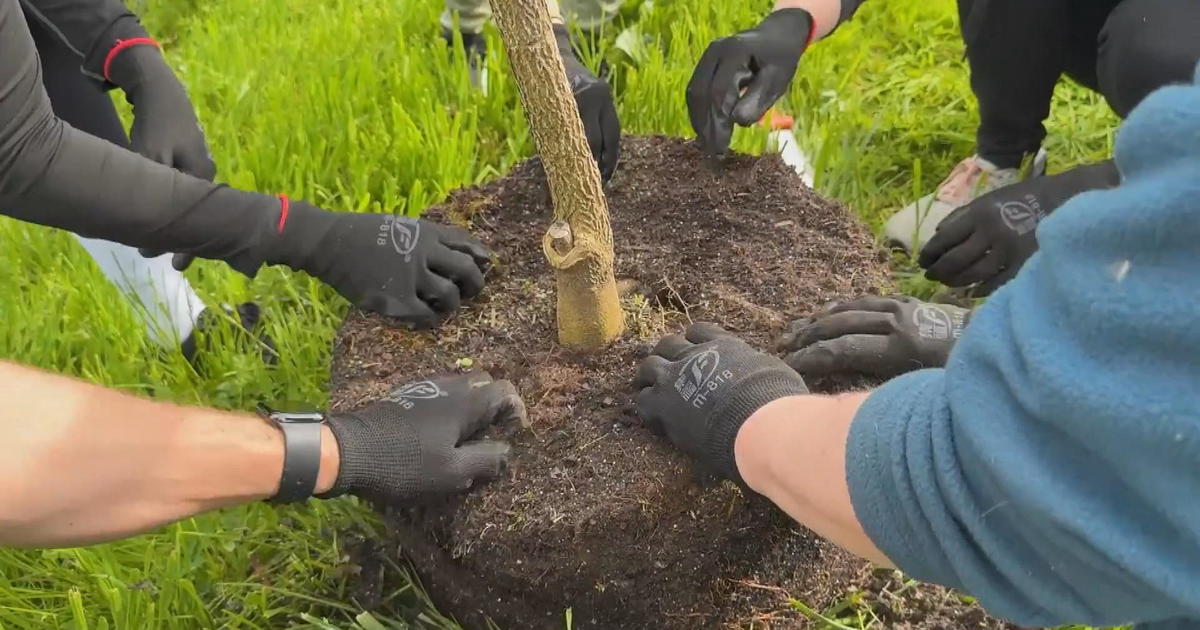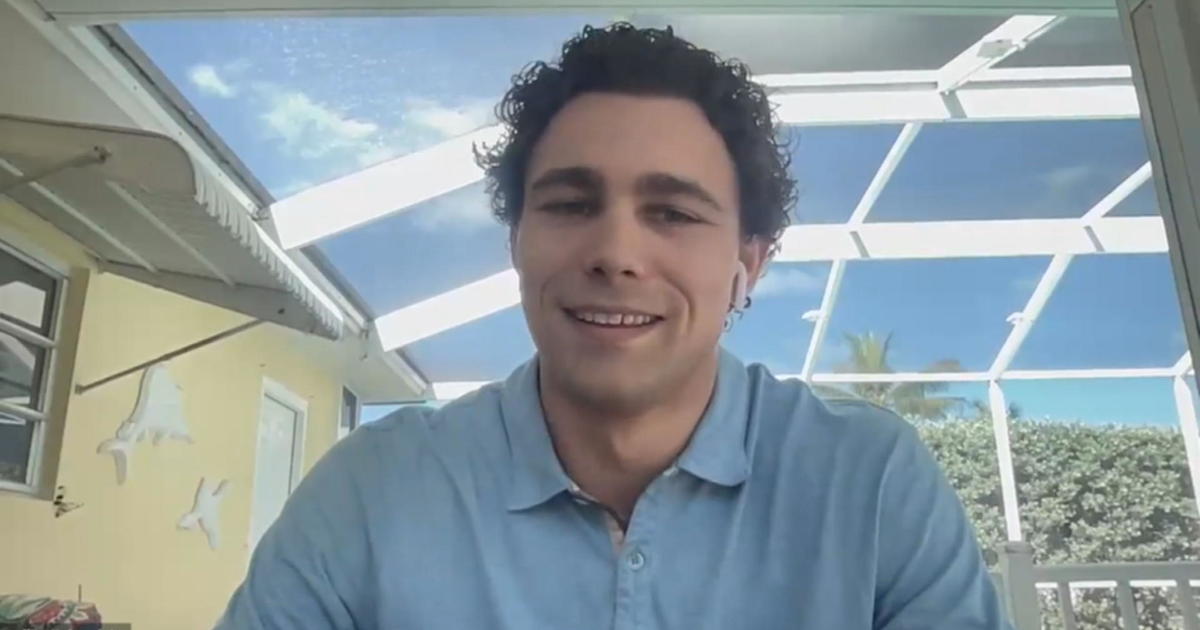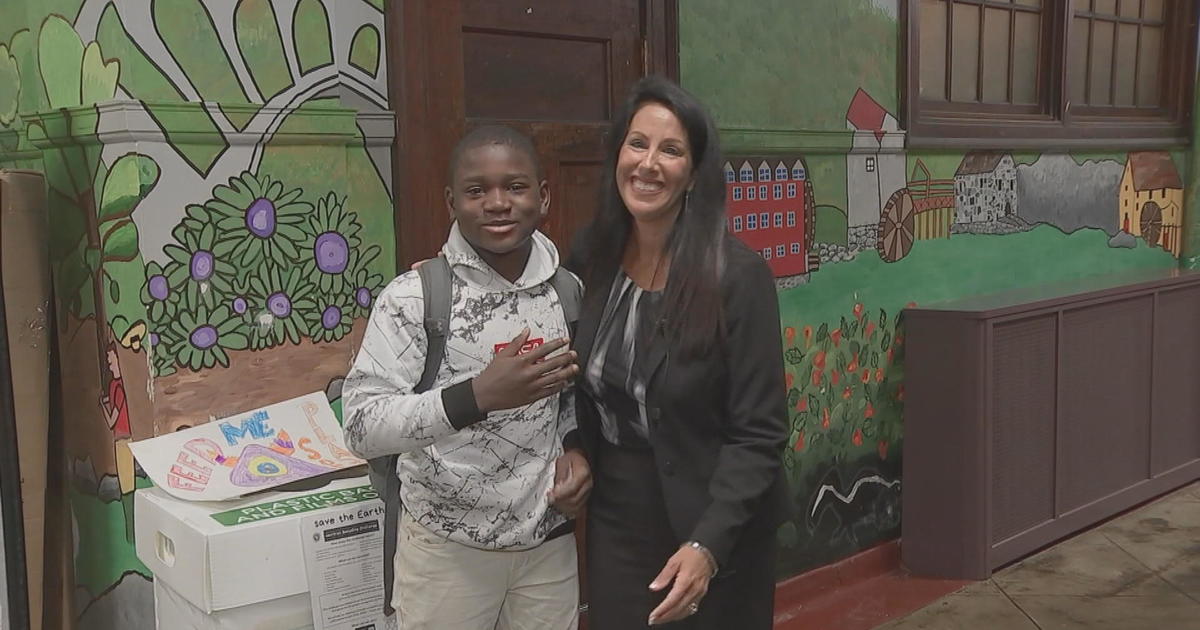Local Biohazard Clean-up Service Preparing For Potential Ebola Cases
By Noel McLaren
PHILADELPHIA (CBS) - James McArthur has seen a lot. For most of his career, he's been cleaning up biohazards for Bio-One. One thing he never expected to suit up for, though, was the Ebola virus.
"I'm going to tell you right now: no. That's a big, fat, no," he said. "It seemed like something that was thousands of miles away."
He says Bio-One has a franchise branch in Texas that helped de-contaminate first responder units that treated Ebola patient Thomas Duncan in Dallas. Now, he's making sure that if the virus comes to our area, he's armed and ready.
The recipe to remove Ebola from a property is actually quite simple, but it can also be quite invasive.
Biohizard clean-up crews say the best way to eliminate the Ebola virus is to actually remove affected materials and incinerate them.
"The number one thing to burn would be bedding, toothbrushes, anything the person or persons had physical contact with -- definitely burn," said McArthur.
McArthur says most hard surfaces can be treated with chemicals to eliminate the virus, but left untreated, the Ebola virus can survive for weeks.
"Ebola can actually live outside on a surface for 21 days, unlike most viruses or airborne bacteria. Normally, 14 is the max, but not Ebola – that's one of the dangers with Ebola," he explained.
McArthur hopes he never has to clean up the virus, but if it does make its way here, he hopes the homework he's doing now has his team ready.
You may also be interested in these stories:



